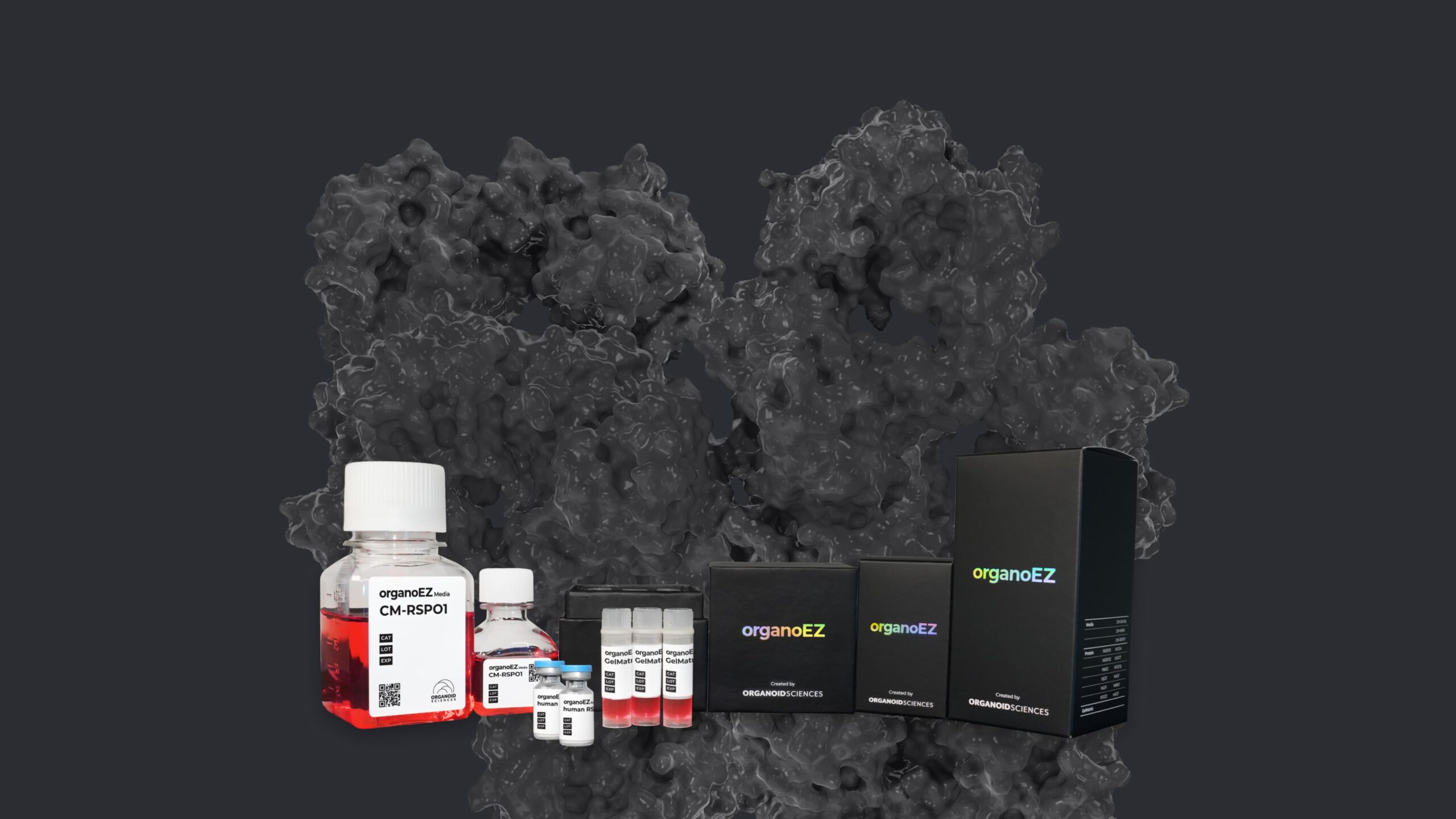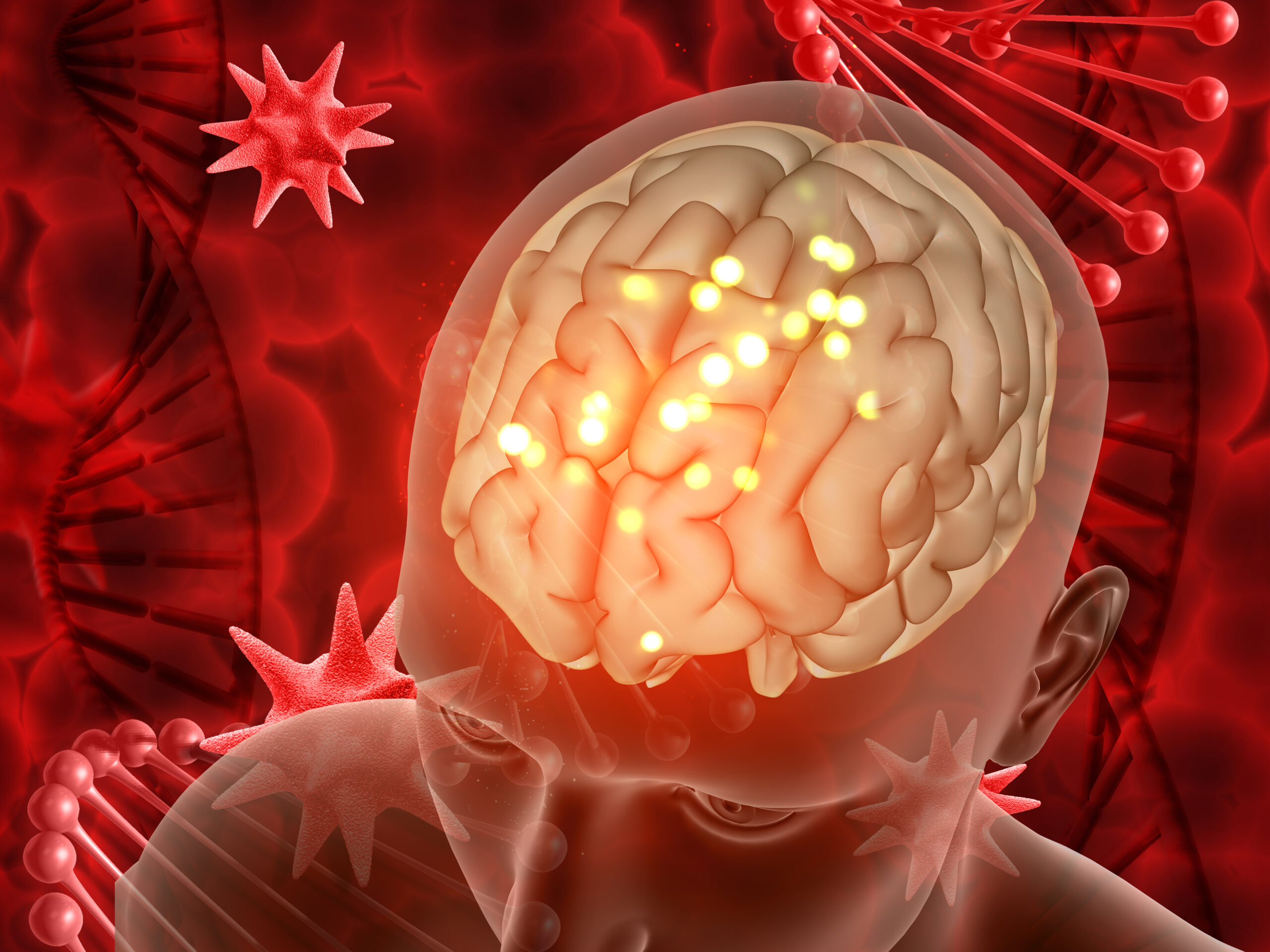Paper Title: Where did viruses come from? AlphaFold and other AIs are finding answers
Journal: Nature
Author: Dr. Adams, Stanford University, USA
Summary: AI-powered tools like AlphaFold are helping researchers uncover the origins and evolution of viruses.
Using AI models, scientists are decoding viral structures and evolution, shedding light on the origins of viruses and enhancing our understanding of their interaction with hosts.
Paper Title: Scientists discover first algae that can fix nitrogen — thanks to a tiny cell structure
Journal: Nature
Author: Smith, University of Cambridge, UK
Summary: Discovery of a novel algae capable of nitrogen fixation opens new avenues for sustainable agriculture and bioengineering.
Researchers identified an algae species with a unique organelle that can convert nitrogen gas into a usable form for cellular growth, offering potential applications in sustainable agriculture.
Paper Title: Human embryo models are getting more realistic — raising ethical questions
Journal: Nature
Author: Dr. Zetterberg, University of Gothenburg, Sweden
Summary: Advances in human embryo modeling raise new ethical challenges in biomedical research.
The development of advanced human embryo models brings the potential for groundbreaking research in early human development and regenerative medicine, but it also raises significant ethical questions.
Paper Title: NMN Improves Oocyte Maturation in Type 1 Diabetic Mice
Journal: Nutrition & Diabetes
Author: Fucheng Guo et al
Summary: NMN supplementation enhances the maturation rate and quality of oocytes in mice with type 1 diabetes.
A study by Fucheng Guo et al. shows that NMN improves oocyte quality in diabetic mice by enhancing mitochondrial function, reducing oxidative stress, and altering histone modifications. This offers potential treatment strategies for diabetes-related infertility by improving oocyte maturation and quality.




